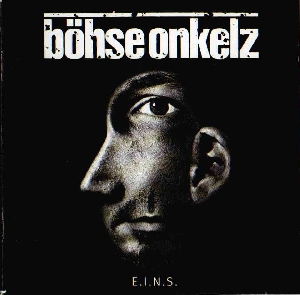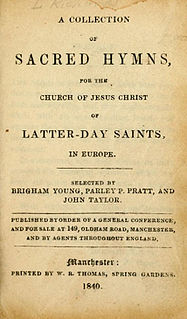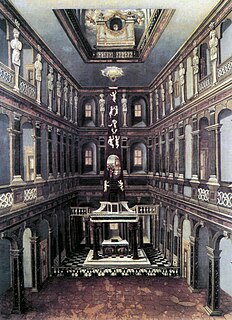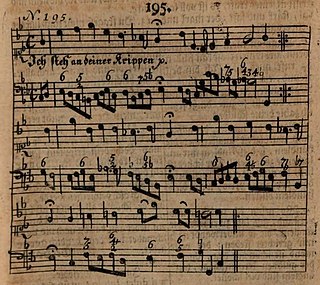
In Greek mythology, Thanatos was the personification of death. He was a minor figure in Greek mythology, often referred to but rarely appearing in person.
The Serenade for Tenor, Horn and Strings, Op. 31, is a song cycle written in 1943 by English composer Benjamin Britten for tenor accompanied by a solo horn and a small string orchestra. Composed during World War II at the request of the horn player Dennis Brain, it is a setting of a selection of six poems by British poets on the subject of night, including both its calm and its sinister aspects.

E.I.N.S. is the German hard rock band Böhse Onkelz 12th album. It was released in 1996. The album title is not an abbreviation: the dots between the letters should be seen to strengthen and emphasise the word eins ("one").

Marianne Rosenberg is a German Schlager music singer and songwriter.
Hans-Friedrich Blunck was a German jurist and a writer. In the time of the Third Reich, he occupied various positions in Nazi cultural institutions.

Christian Scriver was a German Lutheran minister and devotional writer.

A Collection of Sacred Hymns for the Church of Jesus Christ of Latter-day Saints in Europe, informally known as the Manchester Hymnal, was first published in Manchester, England, in 1840. Like the first Latter Day Saint hymnal, this hymnal is text-only; it went through many editions, lasting until 1912 —future editions supposedly had extra hymns added, but the first few had 271.

Johann Sebastian Bach composed the church cantata Ich hatte viel Bekümmernis, BWV 21 in Weimar, possibly in 1713, partly even earlier. He used it in 1714 and later for the third Sunday after Trinity of the liturgical year. The work marks a transition between motet style on biblical and hymn text to operatic recitatives and arias on contemporary poetry. Bach catalogued the work as e per ogni tempo, indicating that due to its general theme, the cantata is suited for any occasion.
The Symphony No. 8 "Lieder der Vergänglichkeit" by Krzysztof Penderecki is a choral symphony in twelve relatively short movements set to nineteenth and early twentieth-century German poems. The work was completed and premiered in 2005. The symphony has an approximate duration of 35 minutes. Penderecki revised the symphony in 2008 by adding a few more poem settings and the piece has expanded to around 50 minutes.
"Wenn alle untreu werden, so bleiben wir doch treu" is the opening line of a famous patriotic German popular song written by Max von Schenkendorf in 1814. Schenkendorf dedicated the song to Friedrich Ludwig Jahn for the "holy German Empire".

Best of Indie Years is the second compilation album by L'Âme Immortelle.

Johann Sebastian Bach composed the church cantata Erschallet, ihr Lieder, erklinget, ihr Saiten!, BWV 172, in Weimar for Pentecost Sunday in 1714. Bach led the first performance on 20 May 1714 in the Schlosskirche, the court chapel in the ducal Schloss. Erschallet, ihr Lieder is an early work in a genre to which he later contributed complete cantata cycles for all occasions of the liturgical year.

Kathinka Pasveer is a Dutch flautist.
Peter Beauvais was a German television film director and scriptwriter. As a director for three decades, he helped pioneer and significantly influenced the development of German television.

"Schmücke dich, o liebe Seele" is a Lutheran hymn in German, with lyrics by Johann Franck and a melody by Johann Crüger from 1649. It is a song for Lutheran Communion, and first appeared in 1649 in Crüger's hymnal Geistliche Kirchen-Melodien, later also in the 1653 edition of his Praxis pietatis melica. The hymn was often set to music to be played or sung under communion.

"Ich steh an deiner Krippen hier" is a German Christmas hymn, with lyrics by Paul Gerhardt which were first published in 1653. It was then sung with an older melody by Martin Luther, but a melody which was likely created by Johann Sebastian Bach for Georg Christian Schemelli's Musicalisches Gesang-Buch of 1736 is now part of current Protestant and Catholic hymnals.

The Responsories by the German composer Max Reger are 20 short settings of mostly biblical texts in English, to be used as responsories in Lutheran church services. Composed in 1911, they were first published in Philadelphia in 1914 as The Responsories.














